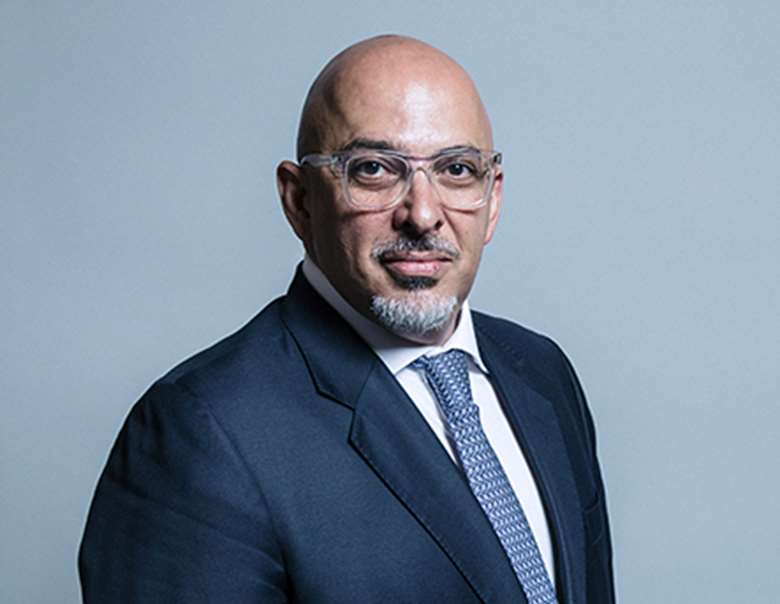Zahawi announces plans to extend DfE innovation projects to more councils
Joe Lepper
Friday, November 16, 2018
Successful children's social care initiatives from the Department for Education's innovation programme will be extended to more councils across England over the next 12 months, children's minister Nadhim Zahawi has announced.

Speaking at the National Children and Adult Services Conference (NCASC) this week, Zahawi said a number of projects tested through the £200m Children's Social Care Innovation Programme since 2013 are "starting to pay off", and the DfE is "now in a position to say with clarity what the main features of effective practice are".
At last month's Budget £84m in funding was made available to expand three innovation programme projects to 20 further councils with "high or rising" numbers of children in care over the next five years.
"I am determined to move at pace and to continue to spread what works, so I will be supporting other local authorities to adopt and adapt a number of the best evidenced and most effective innovation projects over the next year," Zahawi said.
"The challenge is how to spread that knowledge more widely. Wherever we have innovation that is genuinely transforming practice, I want to see this scaled up and spread out. Wherever evidence is showing positive impact, all of you in this room should be asking yourselves ‘why am I not doing this too?'"
Zahawi's comments come as it emerged that the number of looked-after children had topped 75,000 for the first time. Figures for end of March this year show there were 3.9 per cent more children in care than at the same time last year.
The three projects being extended as part of the budget announcement are:
- Family Safeguarding in Herfordshire, where targeted work with a parents has halved the number of days children in the county spend in care
- Family Valued in Leeds, which uses family group conferencing to keep families together
- No Wrong Door in North Yorkshire, which supports teenagers in care and those on the edge of care
Zahawi said he is also keen to put in place a national support scheme for directors of children's services, in partnership with sector groups including the Association of Directors of Children's Services (ADCS).
In addition, a "national flagship programme for the best talented and aspiring directors" is being planned to help social workers' career progression.
Councils should also consider recruiting directors of social care from outside the sector, added Zahawi.
"Few sectors offer such challenge, yet even fewer offer such deep rewards, and we should consider how we capitalise on this position to attract the very best leaders," he said.
- Inquiry reveals social care system is failing to meet children's needs
- Leadership: Scaling up interventions
Plans for councils to share "real time" data with government are also progressing, said Zahawi. An agreement over data sharing has been made between the ADCS and government and local agreements will be developed in the coming months.
"I know that there were some worries about how we would use this data and our reasons for asking for it. Please be assured my intentions here are entirely without subtext," said Zahawi.
"This is about having an honest conversation and getting the right support to authorities that are struggling, as quickly as we can. We also want to recognise strength and illustrate where change is happening for the better."
Zahawi also announced that bidding has opened for the Early Outcomes Fund, to help councils improve early language services.
Speaking separately at the conference, ADCS president Stuart Gallimore said he wants to see more evidence of how the £84m funding announcement to expand Leeds, Hertfordshire and North Yorkshire's innovation projects will "make a difference to the sector as a whole".
"We are deeply concerned at the government's piecemeal approach to funding children's services," he said.
"Small, ad hoc, short-term pots of funding from central government in response to single issues, made available for some but not all local areas, are particularly unhelpful and simply not good enough.
"They fall woefully short of the sustainable and equitable long-term investment strategy we need to ensure that children receive high-quality, safe services at the earliest possible opportunity."




